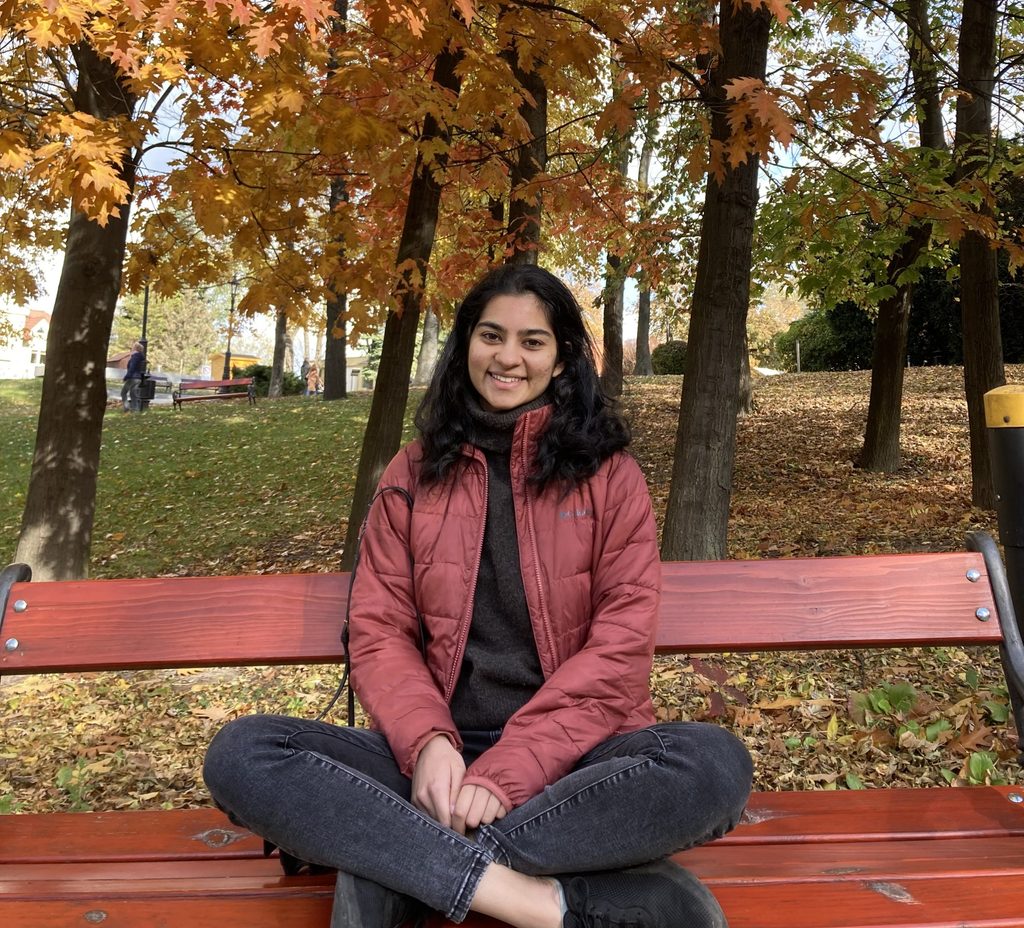
Senior Community-Based Work Study student, Suhani Thandi, looks back on her time as a student mentor in Faribault Public Schools. As the Center for Community and Civic Engagement continues to rebuild its capacity post-pandemic, the relationships our students build with community members and the knowledge each person shares once again takes a front seat in the CBWS program.
Community-based Work Study (CBWS) is one of the many ways that Carleton students get involved with local community partners, issues, and initiatives. Housed in the Center for Community and Civic Engagement (CCCE), this federal- and state-funded program is often students’ first foray outside of Carleton’s campus and provides an on-ramp for students to get more involved in and passionate about place-based issues. Many of the positions offered through the CBWS program involve tutoring and mentoring students in Northfield and Faribault public schools; these positions provide both tutor and tutee with the chance to think more deeply about the education system as a whole.
Since Carleton is located in Northfield, it’s often where students find employment and entertainment outside of class. Having CBWS positions in Faribault offers a way for students to connect with the greater Rice County community. Located 15 minutes down the road from campus, Faribault is the home of one of the largest Somali communities in Minnesota, a thriving Latine community, and a proud labor history. Faribault is the site of many rich partnerships with Carleton and beyond. One of many notable partnerships is with Realizing Individual Student Excellence (RISE), in Faribault Public Schools. RISE exists to create a safe space and resource hub for low-income and/or first-generation students of color in Faribault.
This year, CBWS tutors learned about national and local effects of Covid-based remote learning and how students are facing setbacks in reading and math. At Faribault High School, RISE and other student support programs play a crucial role in student success. After two years with little to no presence in Faribault Public Schools due to COVID, the CCCE began revamping its CBWS and volunteer tutoring programs last spring. Suhani Thandi, a senior Psychology major, Education Studies minor, was one of the first CBWS students to return to Faribault post-pandemic. Suhani began her CBWS experience working as an elementary school tutor in the Northfield Reads and Counts program (now Northfield College Tutors) and later went on to work with RISE. As her time at Carleton and RISE draws to a close, Suhani reflects on the lessons she has learned through her work as a tutor and mentor at Faribault High School.
Thinking back on the personal relationships that the RISE staff have cultivated with students, the student stories she has heard, and her own position as a college student, Suhani challenges her fellow students to delve deeper into tutoring’s role in social change:
It is worth considering the complexity of entering this web of schooling [the local education system] as a Carleton tutor: how can I, as the successful product of an elite institution, provide genuine support to marginalized students?
While I am still trying to find the answer, what I have learned so far is that the support students need is often more than academic. Some of these students are working to support their families, others are taking care of their siblings after school. Can we expect students to focus all of their attention on school? As tutors, the least we can do is try to understand the life and challenges of the students who often need much more than assistance on homework.”
Building trusting relationships is a core value of the CCCE’s work. Suhani reflected on barriers to creating strong tutoring relationships, “[Trust] is not an easy feat, and regardless of intention there are countless barriers” to overcome when building trust. “When my students talk to each other in Spanish, a language I do not speak, there is a linguistic barrier. When my Somali students discuss a festival I do not understand, there is a cultural barrier. When students I have not previously spoken to see my Carleton sweatshirt and feel I am unapproachable, there is an institutional barrier.”
Her relationships with RISE students and staff, however, are worth the challenge of facing these barriers head on. As Suhani reflects, the partnerships that we create are a constant work in progress. “There will always be a new student, a new identity, or a new relationship. As a relatively new tutor at RISE, it is a process of constant learning and unlearning ways to connect.” As the year comes to an end and Suhani moves on to her next adventure, she encourages other tutors to get involved.
The CCCE continues to rebuild its capacity post-Covid and we hope to deepen our relationship with RISE and Faribault Public Schools as the district settles into its new, post-pandemic ‘normal.’ As our CBWS students gain new skills and leadership capacity, we plan to continue to partner with RISE in mutually beneficial ways.